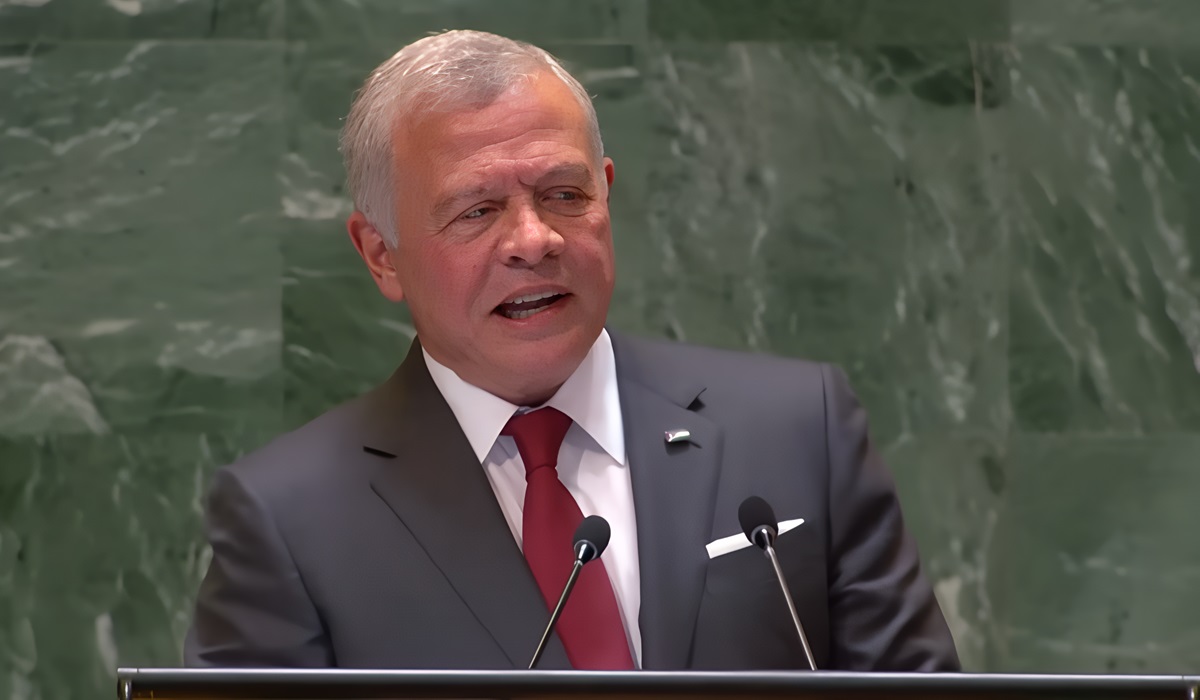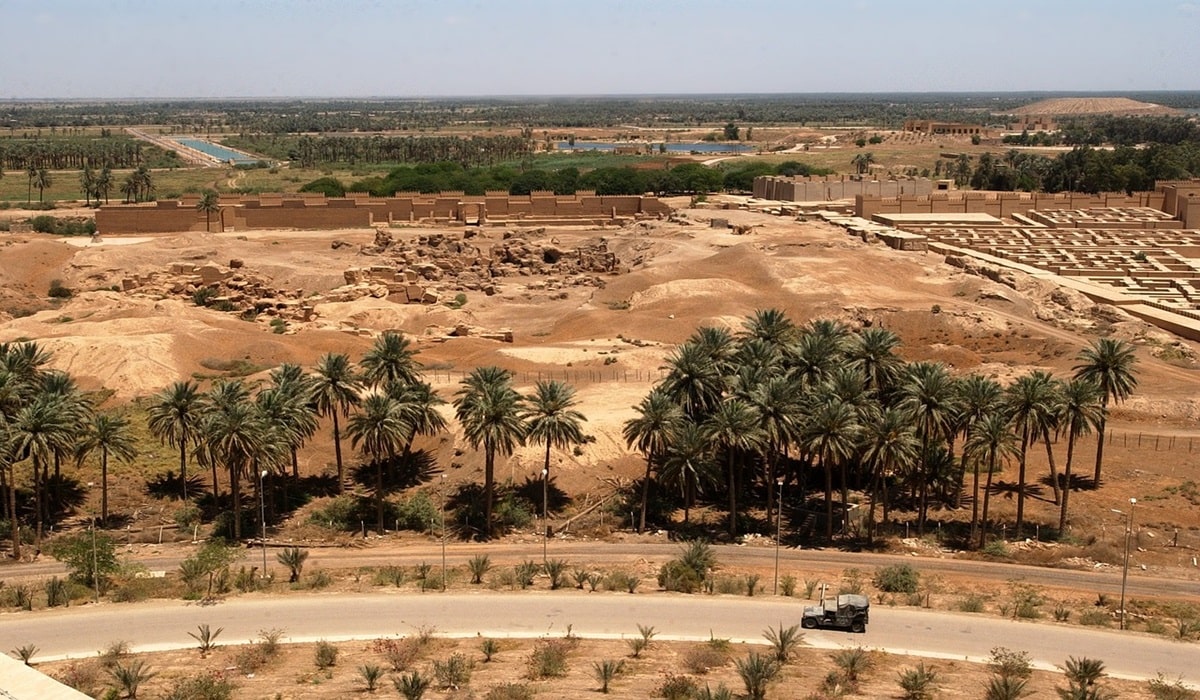Indigenous Women Paving The Way As Heavy Equipment Operators
- TDS News
- Breaking News
- Indigenous
- Trending
- December 24, 2021
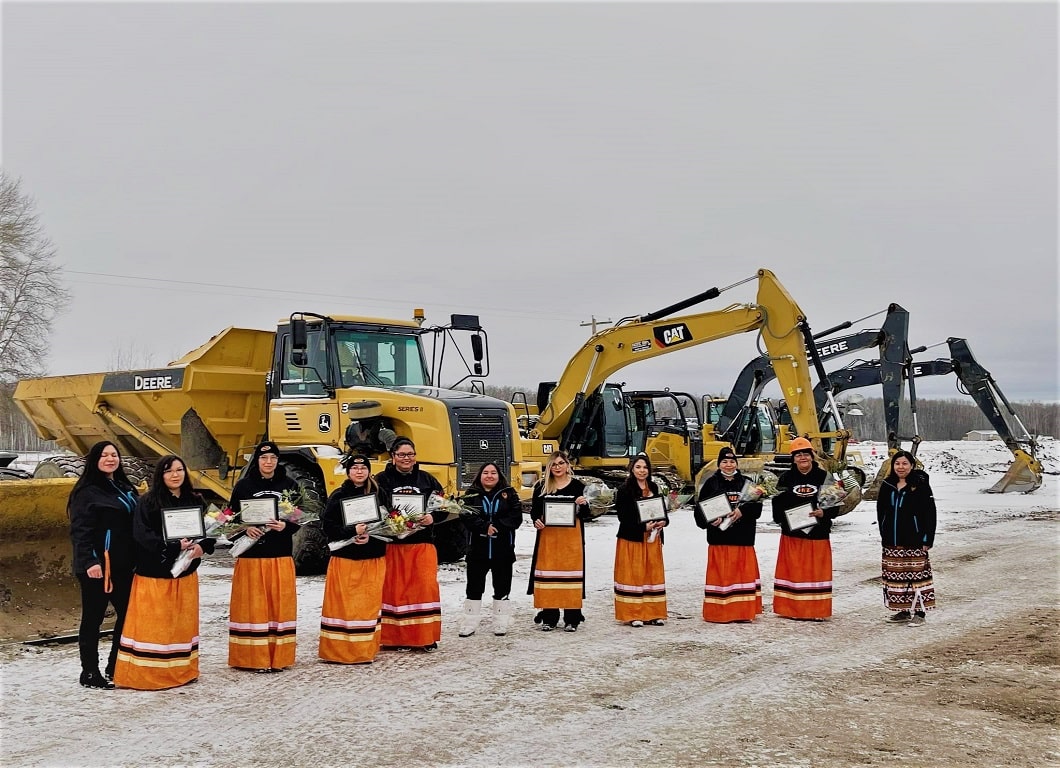
Heavy Equipment Operator School’s Partnerships with Indigenous Communities Set Graduates Up for Success
By: Cherise Letson
This past fall, IHE Heavy Equipment Operator School instructor Russ Prosser waited for his new group of students to arrive at Little River Cree Nation in Northern Alberta. The school’s Remote Division had set up a 10-week training program in the community. As the students started arriving, there was one thing he noticed– they were all women.
Of course, there are many female heavy equipment operators, but to have this many in one class was uncommon. As more of the students arrived, Prosser was expecting to see at least one male student join the group. But one never came. As the first-class began, he had a realization: The school was about to teach its first all-female graduating class.
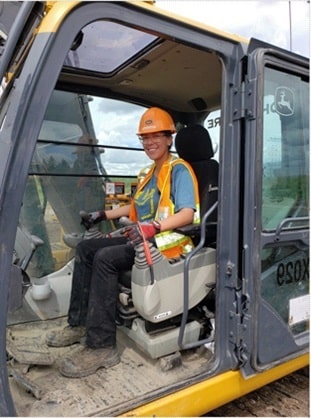
“To be honest, it was a surprise,” says Christine Hansen, director of business development & operations at IHE Heavy Equipment Operator School. “When we were conversing and planning that program and working with their leadership . . . at no point did it come up in our conversations that the students would be all female.”
Though a surprise, the school is proud to have reached that milestone and hopes it inspires more women to join the industry.
“It’s definitely inspiring,” says Hansen. “And I hope that it encourages those that have been sitting on the sidelines and may be a little bit hesitant to break into the industry to just go for it.”
This was one of many highlights of IHE Heavy Equipment Operating School’s Indigenous partnerships this year. The school, which has locations in Edmonton, A.B., Innisfail, A.B. and Winfield, B.C., collaborates and consults with its Indigenous partners to create specific training programs that meet the required needs of their communities.
For example, for groups of 10 or more students, like at Little Red River Cree Nation, IHE can bring the necessary equipment, instructors, and theory sessions right to the community, allowing students to remain in their homes for the duration of their training. For smaller groups, IHE can customize a training program that will incorporate not only requisite training but also include travel, accommodation and a meal plan for students travelling to their training sites.
“Over the course of a number of years, we’ve always worked very hard to build bridges and build repeat relationships with our Indigenous partners and stakeholders. We do not take it for granted. We are grateful that we do experience repeat relationships with our funders.” says Hansen. “This past year was a busy year for us. We were extremely busy moving back and forth between BC and Alberta running projects.
Among those projects was a partnership with the Sikedakh territory in Glen Vowel, B.C., which was funded by the Gitksan Wet’suwet’en Education Society and the Tribal Resources Investment Corporation. IHE brought the training to the community for six months, where they taught two 10-week programs to students, giving them the qualifications, knowledge, and seat time to apply for work in their area. Other remote partnerships this year included the Boothroyd Indian Band in B.C., where IHE provided a custom excavator and rubber tire backhoe course for students.
IHE also partnered with Gingolx Village in Northern B.C., where 18 students trained at the school’s Winfield, B.C. location. This project included all-inclusive flights, meals, and transportation to and from the training site.
“The service provided by HEO has been the most efficient and expedient training/scheduling we have ever partnered with,” said Renee Garner, the education manager for the Gingolx Village Government, about her experience partnering with IHE.
“The training, transportation, accommodations, and meals were all taken care of by [them] which provided smooth scheduling for our students. I recommend [them] for their service, dedication, and diligence.”
There was also the Oteenow Training & Employment Society, which sent two groups of students to IHE’s Edmonton training site to take the school’s comprehensive 12-week Earth Mover training. The East Prairie Metis Settlement also sent students for all-inclusive training at the school’s Edmonton site and students from the Louis Bull Tribe attended its Innisfail site to learn machinery for community-based projects.
Hansen says many Indigenous communities are now forming win-win partnerships and joint ventures with industry to tackle community development and infrastructure improvement projects while employing a local HEO workforce. Some graduates get jobs at their community’s public works departments, allowing them to stay and work locally, she adds.
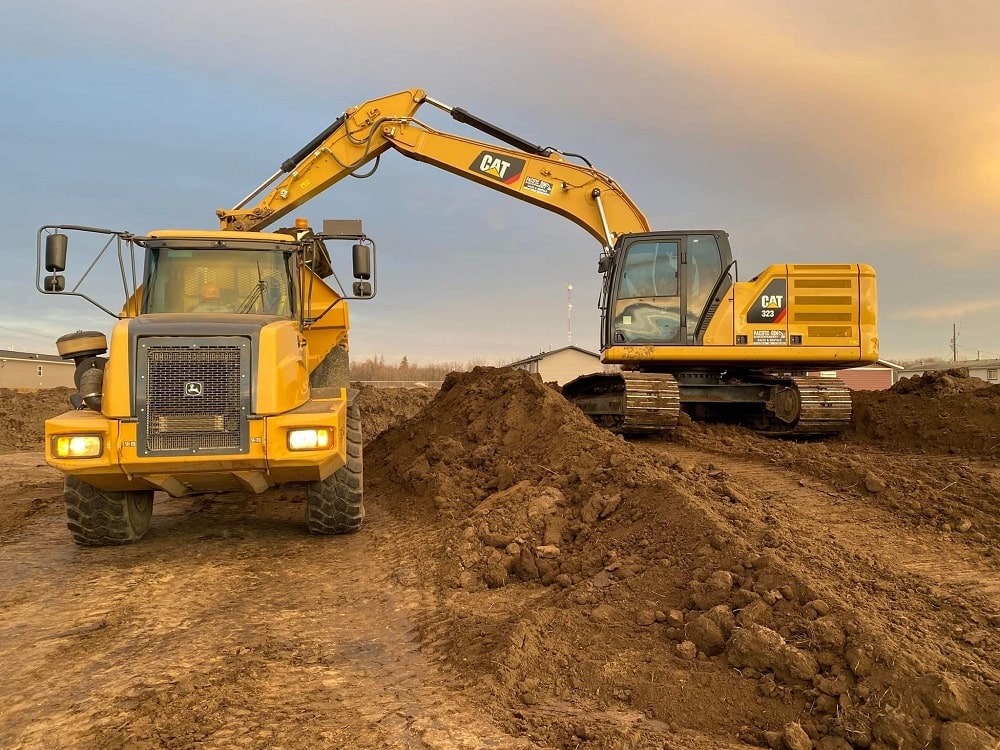
“There’s a level of expectation among our indigenous stakeholders that we work with that training leads to meaningful employment so they can better their lives and their families ultimately, and hopefully better their communities, too,” says Hansen.
Other graduates get work at nearby construction or natural resource companies. They are joining the industry at a time when they are desperately needed. As many baby-boomer heavy equipment operators head towards retirement, companies need new operators to take their place. But, it takes many hours of experience to become a skilled operator. That’s why Hansen says formal training is so important.
“With an entry-level hired operator, an employer gets that they are at least pre-trained on basic operations and basic maintenance items so when they show up on a Jobsite on day one, they can hit the ground running versus hitting the ground absolutely green with no idea,” she says. “At the end of the day, safety and going home after a hard day’s work is number one for all of us. Learning how to make a machine move, how to perform operational checks and how to communicate with others is not ideal in a live job production setting.”


